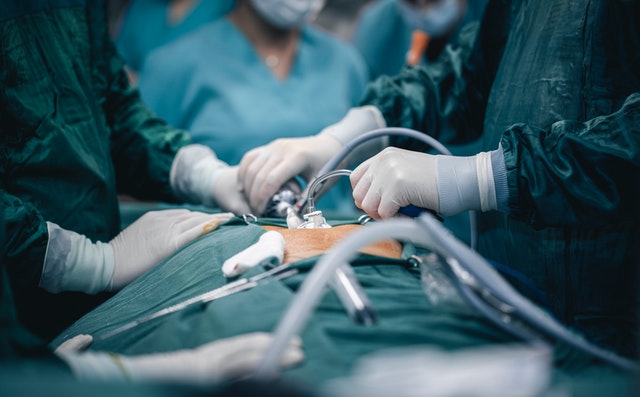Today, the average American weighs 181 pounds, which is a 7-pound increase from 2002 to 2006. In addition, 55% of them want to lose weight.
For some, this is doable through changes in diet and an increase in exercise. But others might need a little head start from fat removal surgery.
Those in the latter group will need to know how to recover afterward. That way, they can stay on track with their weight loss goals and not be in pain for too long.
Are you having surgery soon? Then here are some pointers on fat removal surgery recovery.
Buccal Fat Removal Recovery
We’ll first tackle buccal removal surgery, as recovery for this procedure is a little different from regular fat removal surgery.
This is a minimally invasive procedure and only takes 30 minutes to perform. You might have some swelling afterward for a day, and you won’t see the final results until 3 months after.
As far as recovery goes, you can resume normal activities the day after, including your regular diet. You might have to take some antibiotics, use a mouthwash, and take pain medications for 1 to 2 days.
Liposuction Recovery
Liposuction is a more invasive procedure, so recovery will be more complicated and will take longer. The bigger the area that’s been operated on, then the longer it’ll take for you to return back to 100%.
If needed, you’ll be given compression garments to wear after surgery. Your doctor will tell you exactly how long you need to wear them for, but typically, it’s for a few weeks.
You’ll also be prescribed some painkillers and antibiotics. Make sure you take the antibiotics as directed and the painkillers when you need some relief. You can also take over-the-counter medications like ibuprofen if you weren’t prescribed anything for the pain and swelling.
Make sure you get up and move as much as you can. As for regular exercise, you need your doctor’s green light or else you might hinder your recovery process.
Change your bandages as directed and take a shower only after the first 48 hours (no baths allowed!).
Make sure you eat a healthy diet and steer clear of sodium.
While you’re recovering, be on the lookout for signs of infection. Symptoms include:
- Yellow or green discharge
- Bad smells coming from the incision area
- Headache
- Nausea
- Vomiting
- High fever
- Heavy bleeding
If you notice any of these signs, immediately go to the hospital.
Recover From Fat Removal Surgery Smoothly
Now you know what to expect for fat removal surgery. If you were on the fence about it, then hopefully, this article has quelled some of your fears.
Of course, the best thing you should do is talk to a doctor about your weight loss options. Together, you can decide if fat removal surgery is right for you and how to move forward if so.
If you need more health and wellness tips like this fat removal surgery guide, then check out the rest of our blog.









